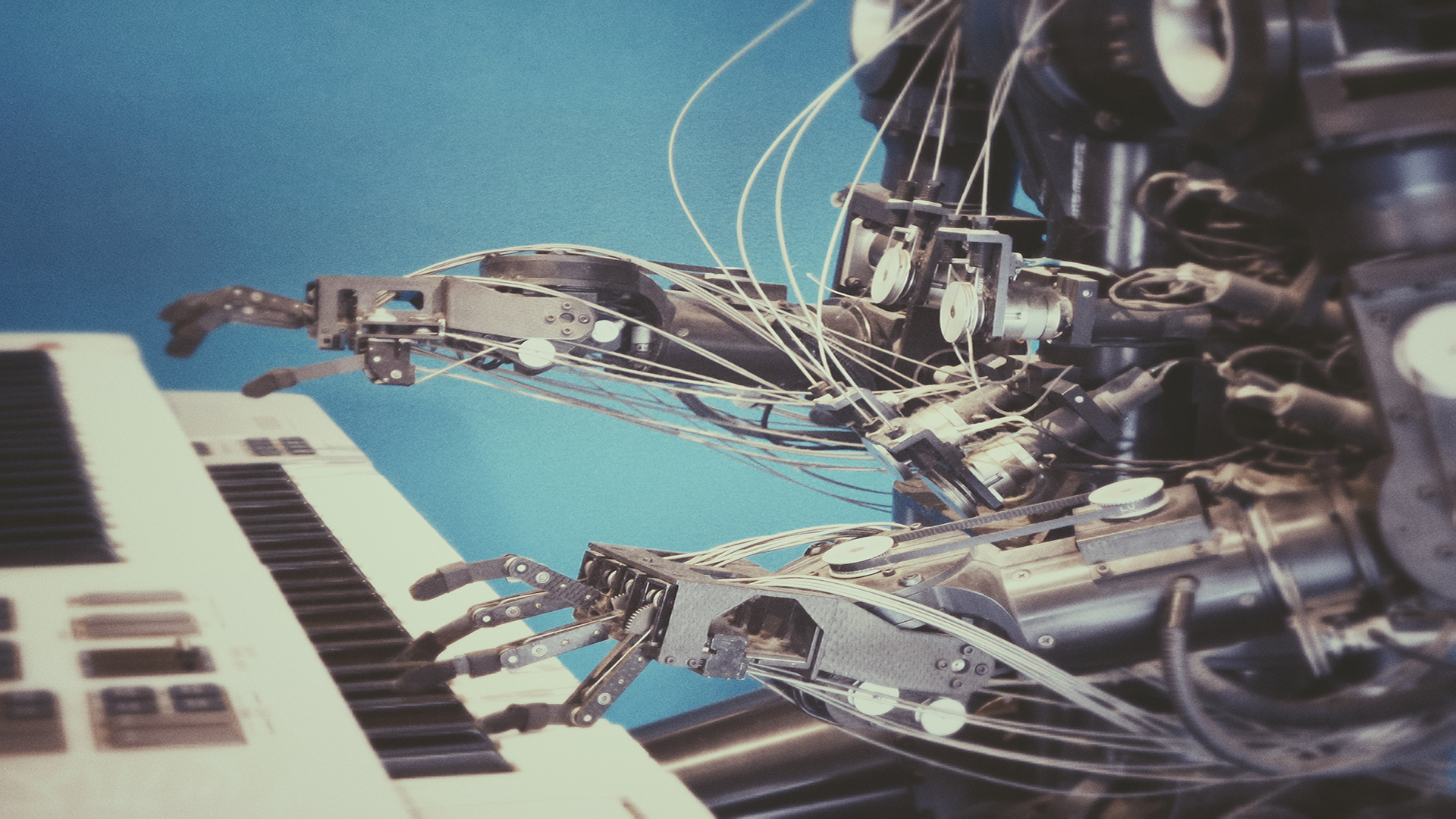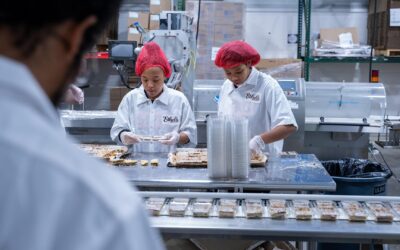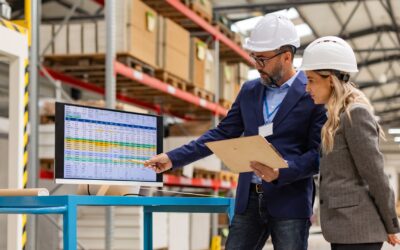In the late nineteen-forties, Delmar Harder, a vice-president at Ford, popularized the term “automation”—a “nickname,” he said, for the increased mechanization at the company’s Detroit factory. Harder was mostly talking about the automatic transfer of car parts between machines, but the concept soon grew legs—and sometimes a robotic arm—to encompass a range of practices and possibilities.
From the immediate postwar years to the late nineteen-sixties, America underwent what we might call an automation boom, not only in the automotive sector but in most heavy-manufacturing industries. As new technology made factory work more efficient, it also rendered factory workers redundant, often displacing them into a growing service sector. Automation looks a little different these days, but the rhetoric around it remains basically the same. Popular discourse alternates between a vision of benevolent machines—ones that could, say, carry out dangerous or gruelling tasks—and one of job-stealing robots. Such talk frequently swells in moments of technological innovation. (Think of the birth of the personal computer, or, more recently, of the rise of Amazon.) covid-19 only intensified this anxiety, as labor shortages, and the pressure to keep people safe, gave companies new opportunities to automate. Are robots really, finally, going to replace us?
Guardian Media Group is a global news organisation that delivers fearless, investigative journalism giving a voice to the powerless and holding power to account.Our independent ownership structure means we are entirely free from political and commercial influence. Only our values determine the stories we choose to cover – relentlessly and courageously.




